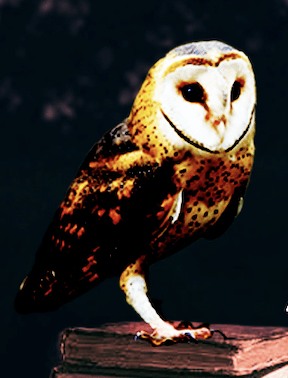Page 118 of 135
by contributing editor Brooke Palmieri Few historical truths are as easy to pin down as the fact that Samuel Pepys (1633-1703) knew how to have a good time. He loved a good party, he loved his wine and… Continue Reading →
by Emily Rutherford Working my way through my most recent archival findings, it’s tempting to conclude that, in early-twentieth-century England, men’s visions for the future of higher education revolved entirely around conservative retrenchment, while women’s embraced exciting new progressive ideas… Continue Reading →
Madeline: Eliot Weinburger, “What is the I Ching?” (NYRB) Matthew Caines, “Matthew Arnold (and other Victorian Big Heads)” (TLS Blog) Diane Purkiss, “Magic and the rise of science” (TLS) James Meek, “Robin Hood in a Time of Austerity” (LRB) Sarah… Continue Reading →
We’re pleased to note that the January 2016 issue of the Journal of the History of Ideas (volume 76 issue 1) is available in print. As you’ll see from the table of contents, the articles in this issue include Peter… Continue Reading →
Here are a few interesting articles and pieces we found around the web this week. If you come across something that other intellectual historians might enjoy, please let us know in the comments section. Emily: Tamson Pietsch, On institutions (and… Continue Reading →
by contributing editor Brooke Palmieri John Dee (1527-1609) dreaded the loss of his library decades before he died. In a diary entry from 24 November 1582 he recorded a nightmare in which his books were burned by a jealous rival…. Continue Reading →
by guest contributor David Loner As the first and only official post-graduate advisee of the celebrated Austrian thinker and Cambridge philosopher Ludwig Wittgenstein, Alice Ambrose (1906-2001) typified in her 1932-38 Ph.D. course the complex social experience interwar upper-middle-class women underwent… Continue Reading →
Here are a few interesting articles and pieces we found around the web this week. If you come across something that other intellectual historians might enjoy, please let us know in the comments section. Emily: John Morgan, US PhD graduate… Continue Reading →
by contributing editor Carolyn Taratko The image of the farmer tilling his field is an enduring one; it evokes meaningful labor, ties to the natural world, and self-sufficiency. However, such images were not always interpreted this way. When Jean-François Millet’s… Continue Reading →


